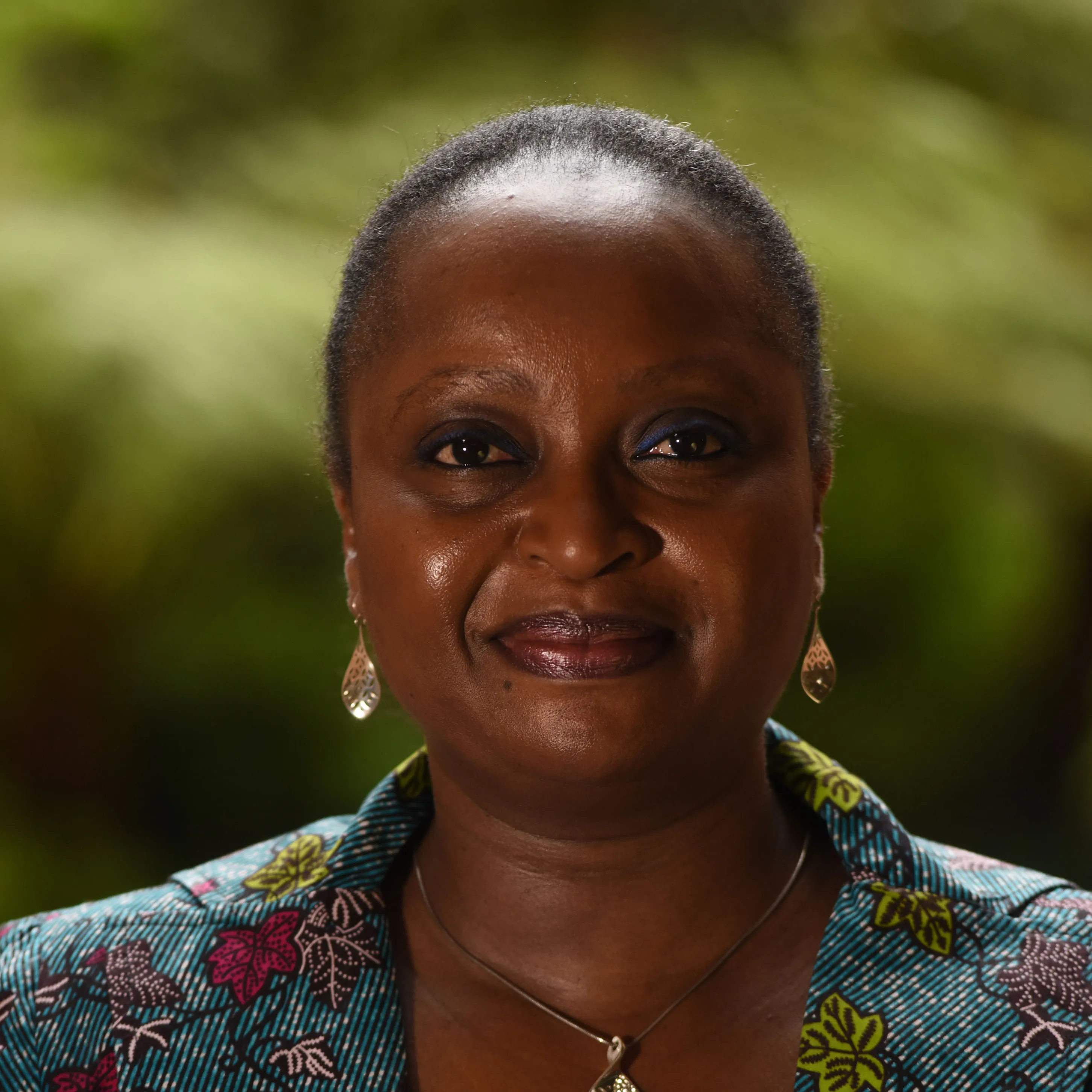Far-flung tomato fields in western Cameroon might seem like an unlikely test bed for artificial intelligence (AI).
But in recent months, farmers there have been trialing an AI-based smartphone app designed to save plants stricken by disease.
Developed by local start-up Agrix Tech, the app allows farmers to upload photos of their ailing fruit. In about 10 seconds, it will diagnose the malady and suggest a course of treatment, reading it aloud in the local patois should a farmer so desire – and given the high illiteracy rates in the area, many do.
Scaled up, the technology could be a boon for agriculture in Cameroon – and it hints at the massive potential of AI in Africa and the Middle East. Managed properly, AI technology could revolutionise a host of industries, from farming, to banking, to transport, according to a new report from IFC, a member of the World Bank Group.
In the most optimistic scenarios, AI – the science of making machines act in rational, intelligent ways – could help poor countries tackle long-standing problems like poverty and joblessness, improving lives at a pace inconceivable only a decade ago.
The technology is already all around us. It powers everything from our web searches to our streaming services, to our morning Uber rides. Its use has been growing rapidly. In 2019, 14% of large companies used AI, up from 3% in 2018, according to research firm Gartner.
AI feeds on data, using it to learn and adapt. With the amount of online information expected to triple between 2017 and 2022, AI’s reach will only grow.
In recent years, companies across the Middle East and Africa have embraced the technology.
In Egypt, startup Swivl uses AI to coordinate a fleet of private buses, allowing commuters to bypass the country’s often overwhelmed public transit network. In Mozambique, the app Hello Tractor, which lets farmers share equipment, is leveraging machine learning to predict crop yields. And in Kenya, banking service M-Shwari relies on AI to review online loan applications, helping it to field entreaties from customers who live far from bank branches.
A study from the Boston Consulting Group found that in Africa alone, online marketplaces that rely on AI could create 3m jobs by 2025, while dramatically expanding access to goods and services, especially in the hinterlands.
That is just the tip of the iceberg, according to the IFC report. In Africa and the Middle East, AI could improve electricity services by making power grids more efficient. It could allow schools to harness virtual reality and other e-learning technology, bolstering the state of education. And it could buttress medical care by helping doctors diagnose diseases and monitor patients with chronic conditions, like diabetes. In Rwanda, AI technology even powers drones that have been used to deliver medical supplies to isolated communities.
Risk factors
But as any dystopian novel or Hollywood movie will tell you, AI is not without its risks.
Automation could render obsolete jobs that employ millions, affecting everyone from Ethiopian seamstresses to Moroccan call centre reps.
It could also widen the gulf between the corporate haves and have nots. Since AI needs data, smaller companies without access to reams of customer information will struggle even more to compete against the likes of Amazon and Alibaba.
Still, on the whole, consulting firm PwC estimates AI and related technologies will add more than $15 trillion to the planet’s gross domestic product by 2030.
A thornier issue will be AI’s impact on our social fabric if it’s used to invade privacy, sow mistrust, or supress dissent.
These are serious concerns – but a movement is already underway to introduce legislation and industry standards to prevent such scenarios before they materialise.
For example, the Organisation of Economic Cooperation and Development (OECD), a group of mostly wealthy countries, in 2019 adopted ethical guidelines to govern AI. The rules call for the technology to respect democratic values and contribute to broad-based economic growth.
Many investors have also created their own AI codes of conduct in an effort to back only technology that does good. IFC, for example, has rules that require its AI investments to benefit communities, respect human rights and protect personal information. It also enjoins its investees to avoid discrimination and obtain the informed consent of users.
The code is an important part of IFC’s drive to support the development of AI in Africa. We’re investing in start-ups that use the technology, like Kenya’s Twiga Foods, an online marketplace for fruit and vegetables. Since 2014, IFC has invested $60m in companies that specialise in agricultural technology while helping farmers use the latest tech, including drones, to boost their yields.
Countries must take action now
However, PwC estimates that nearly 70% of AI’s economic impact will be concentrated in China and North America. To avoid being left behind, countries in the Middle East and Africa should open access to big data, set standards so that networks and technologies can play nicely together, and ramp up financial support for technology startups, which are a font of AI innovation.
In some countries, that will be a tall order. But the payoff for this part of the world could be huge.
Mary-Jean Moyo leads IFC’s manufacturing, agribusiness and services division in the Middle East and Africa.
Want to continue reading? Subscribe today.
You've read all your free articles for this month! Subscribe now to enjoy full access to our content.
Digital Monthly
£8.00 / month
Receive full unlimited access to our articles, opinions, podcasts and more.
Digital Yearly
£70.00 / year
Our best value offer - save £26 and gain access to all of our digital content for an entire year!
 Sign in with Google
Sign in with Google 



